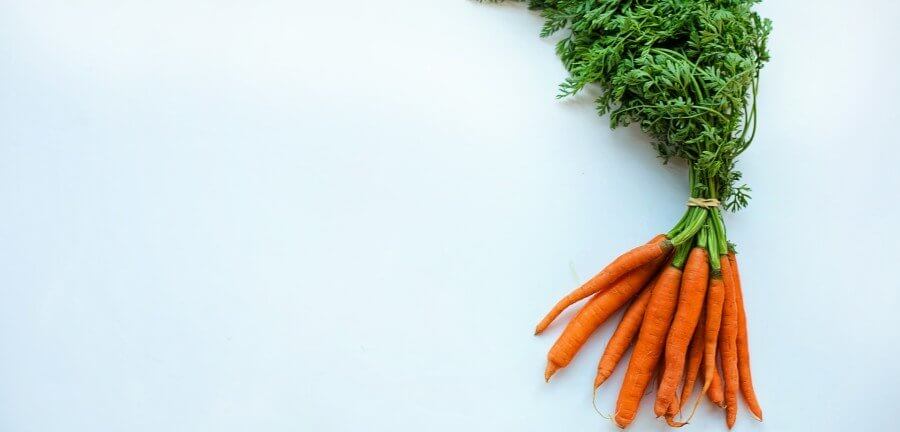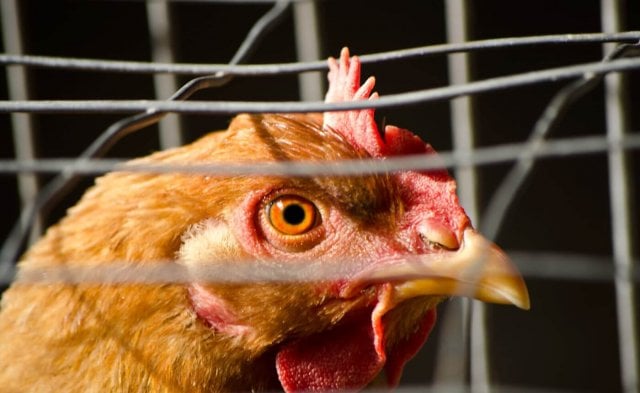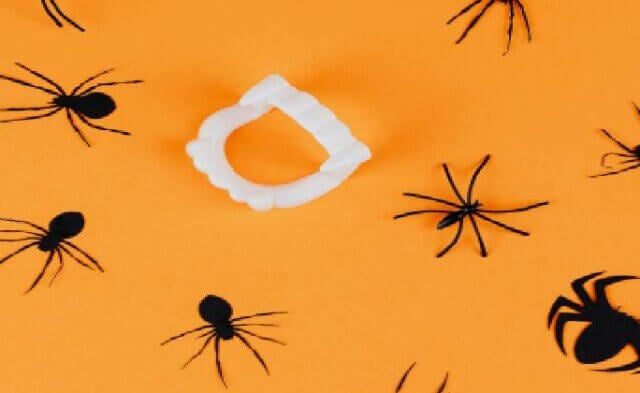For longer than I care to remember, this was a common response from anyone who learned about my vegan lifestyle. When hearing the word “vegan,” they probably thought up images of hip, white people eating $10 avocado toast with a side of raw kale rather than me, with my natural locks and melanin existence, cooking up jerk tofu with a side of black-eyed peas.
Thankfully, these stereotypes are fading fast. New data about the changing American diet show that it’s folks who look more like me that are ditching meat.
Recent Gallup findings revealed that while 19% of whites reported eating less meat in the past 12 months, 31% of people of color stated that they had reduced their meat intake. Only 5% of nonwhites from the study claimed to have eaten more meat in the previous year. Nonwhite Americans are also three times as likely as white Americans to describe themselves as vegetarian.
I can’t speak to why my brothers and sisters of color outside of the black community have cut back on eating animal flesh. Maybe they’ve seen shocking footage from slaughterhouses, where sensitive animals suffer every single day in dank sheds before their throats are slit. Perhaps they’ve listened to warnings from United Nations scientists who have cautioned that meat consumption must decrease by as much as 90% in order for us to avoid the most catastrophic effects of climate change. After all, there are plenty of reasons to treat fellow sentient beings with respect and dignity and to go vegan.
However, I’m not surprised to see more of my own people going vegan when the same Gallup study found that nine out of 10 people who reduced their meat intake said that they did so because of health reasons.
Black Americans have a lot on the line when it comes to what we eat. According to the American Heart Association, we are disproportionately affected by obesity and more likely to have diabetes than our white counterparts. The Centers for Disease Control and Prevention states that African Americans have nearly double the risk of dying early from heart disease or stroke as whites. Study after study links these ailments to eating animal flesh, eggs and dairy.
Living vegan is a revolutionary act for black people. It’s the process by which we decolonize our diet and resist habits that have destroyed our well-being. Numerous vegan staples, like tofu, rice, quinoa and seitan, originated in communities of color. I look forward to a day when “slave food” – things our ancestors had to eat for survival – like chitlins (animal intestines) or hog maw (pig stomach), lard and pigs’ feet are left in the past, where they belong. True soul food is the nourishment that will improve our health and expand our own compassion.
It certainly helps the vegan movement grow in the black community when cultural icons like Jay-Z, Beyonce, most of the Wu-Tang Clan, Ava DuVernay, Jermaine Dupri, Angela Davis and Colin Kaepernick (just to name a few) promote the vegan lifestyle in one way or another. It’s pretty hard to justify white vegan typecasting when Jadakiss and Styles P – some of the hardest hip-hop artists ever to do it – run all-vegan juice bars across New York City.
Everyone can join in on the vegan revolution. You’ll save nearly 200 animals from a horrifying death every year, and your body will thank you. But best of all, if you’re black like me, you’ll also dismantle some unsavory stereotypes.





